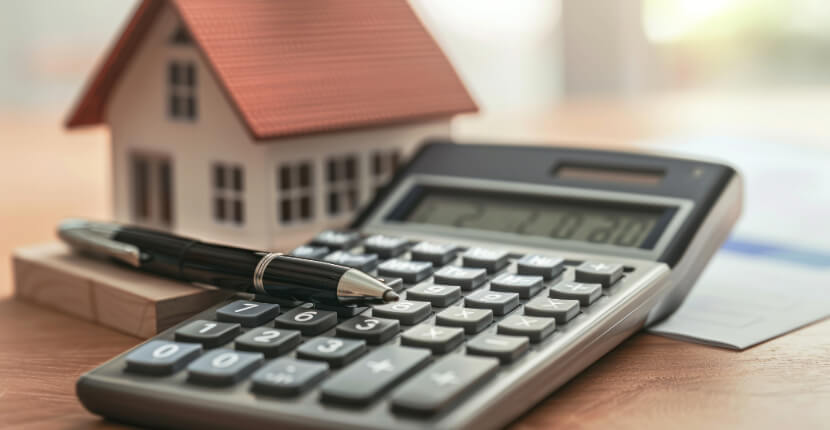The Benefits of Hiring a Specialized Landlord Accountant
The Benefits of Hiring a Specialized Landlord Accountant
Blog Article
When Should You Hire a Landlord Accountant?
Handling hire qualities can look overwhelming for new landlords, but understanding the fundamentals of accounting causes it to be easier. Knowledge landlord accountant can help you track revenue, reduce problems, and produce tax period much less stressful. That information stops working the basic principles, giving you data, real-life recommendations, and the essential measures you'll need to know.
Why Correct Sales Matters for Landlords
About 70% of home owners claim managing finances is their greatest challenge. Excellent recordkeeping does significantly more than stop you organized; it may improve profitability and assure you follow local housing laws. By monitoring every transaction, you'll have a better picture of one's property's performance, creating decision-making simpler.

Monitoring Revenue and Costs
The initial important part of landlord accounting is separating personal and hire finances. Open another bank account only for rental payments and expenditures. Documenting every money that comes in and out can help you see your true reunite on investment.
Frequent Forms of Rental Income
Monthly book from tenants
Late costs
Pet expenses
Parking or storage expenses
Typical Costs to History
Mortgage and fascination funds
Home taxes
Insurance premiums
Maintenance and fixes
Tools (if compensated by the landlord)
Property administration expenses
For several landlords, using a easy spreadsheet operates at first. Only be sure to update it regularly to prevent any surprises down the track.
Critical Sales Methods
Landlord accounting generally employs one of two methods:
Cash foundation accounting files revenue and costs when income is in fact received or paid. Many small landlords begin here since it's easy to manage.
Accrual foundation accounting records revenue and expenses when they're earned or charged, even though no cash has changed hands. This offers a clearer financial image for anyone managing multiple properties.
Pick the strategy that matches your comfort level and property profile size.
Duty Deductions and Submission
Common tax deductions for landlords include mortgage fascination, fixes, and depreciation. Missing these could suggest overpaying taxes. Roughly 25% of small landlords lose out on deductions since their documents are incomplete.
Keep ahead by checking statements and maintaining digital or bodily copies. And recall, duty rules might change according to wherever you reside, therefore review local directions or consult with a professional.
Finding Started with Accounting Software
Developments display around 50% of landlords use software tools to greatly help with bookkeeping. Contemporary sales computer software automates several monotonous jobs, like arranging receipts, producing reports, and checking late payments. If you are only beginning, free or low-cost tools provide themes to increase your process.
Take Get a grip on of Your Hire Finances
Even while a novice, a couple of wise habits can streamline your landlord accounting. Set aside time regular to review your finances. Use these sessions to check on for lacking bills, unpaid rents, or mistakes. With the best groundwork, you'll get assurance, increase your rental money, and prepare yourself for tax time.
Understanding sales basics not only saves income but additionally shields your investment for the long term. Begin with arranged files, consistent methods, and an emphasis on continuous development, and you will be on the right track for effective home management. Report this page